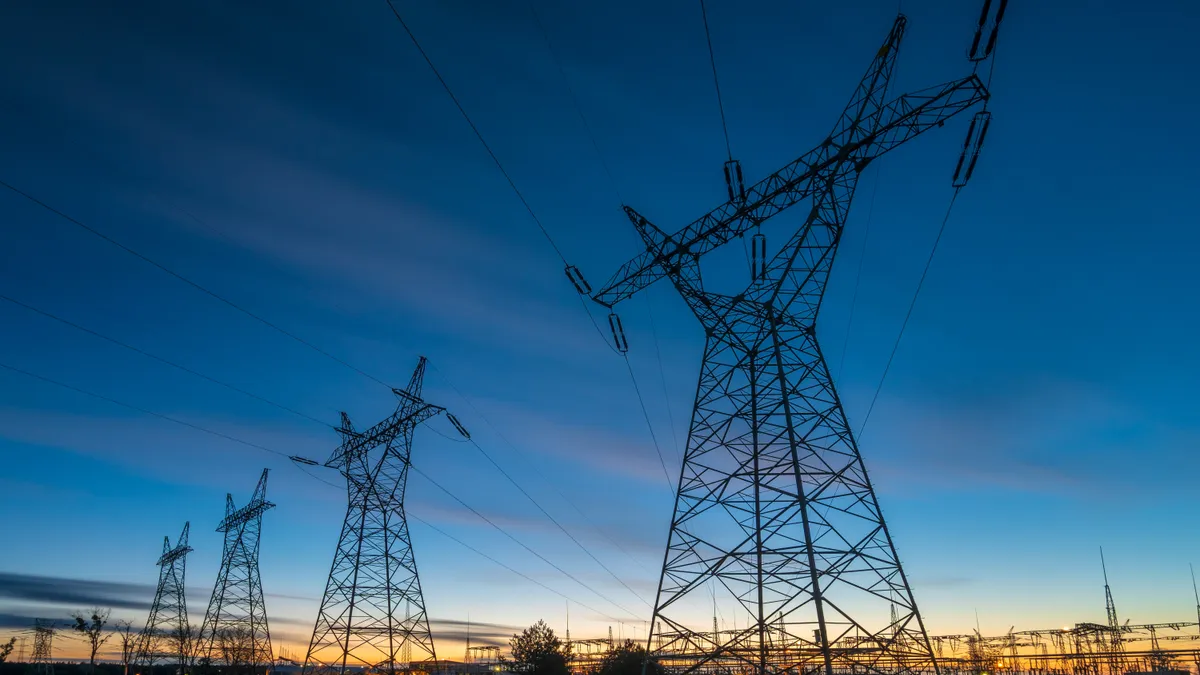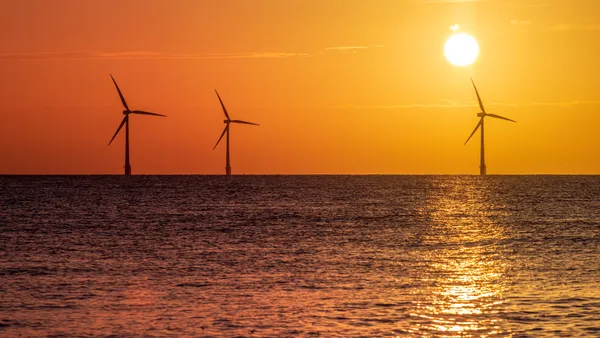Dive Brief:
- “Poor commissioning practices” are contributing to the “unreliable performance” of inverter-based resources, or IBRs, staffs of the North American Electric Reliability Corp. and Western Electricity Coordinating Council concluded in a report released Monday.
- The report examines the failures of a pair of battery energy storage systems in 2022 caused by normally-cleared faults in the Western Interconnection. The analysis is the latest data point in NERC’s investigation of IBRs tripping offline or reducing output in response to grid disturbances.
- Battery energy storage systems, or BESS, “may have the same systemic performance problems as solar photovoltaic resources,” the report concludes.
Dive Insight:
IBRs like wind, solar and batteries are increasingly prevalent on the power grid and are helping advance the clean energy transition, but they may also pose “systemic reliability risks,” according to the joint report.
“Multiple recent disturbances that involve the widespread reduction of solar photovoltaic resources have occurred in California, Utah, and Texas,” according to the report. Along with the 2022 battery storage failures, “these events highlight the need to consider BESS in the same light as any other inverter-based resource, such as solar PV for their systemic reliability risks.”
The 2022 failures “are unique in that they are the first major events involving BESS facilities,” the report said.
“These events are the first faint signal that the systemic performance issues we have identified with other inverter-based technologies may very likely apply here as well,” Ryan Quint, NERC’s director of engineering and security integration, said in a statement. BESS will play a critical role during the energy transition, “therefore, it is imperative that we design, study, commission, and operate them in a manner that supports [bulk power system] reliability,” he said.
The report makes several recommendations, including that owners of IBRs check with inverter manufacturers to ensure the devices are not prone to tripping due to: unexpected, unbalanced AC current; unexpected DC bus overvoltage tripping; or unstable DC bus voltage.
In March, NERC issued recommendations to solar generators to address IBR issues.
The 2022 BESS incidents had different causes, according to the report. In a March event, a failure at a gas-fired, simple-cycle power plant triggered the loss of 124 MW of BESS capacity along with other IBRs. In April, a normally-cleared fault at a BESS system undergoing testing resulted in an unexpected reduction of 498 MW from multiple IBRs.
“Poor commissioning practices are a significant contributor to the unreliable performance of IBRs,” according to the report. “BESS ride-through performance is not adequately assessed during the interconnection process.”
The grid transformation in the Western Interconnection “is an exciting yet challenging time,” said James Hanson, manager of operations analysis at WECC.
“We know the value that battery energy storage systems contribute to the generation fleet,” Hanson said. “We need to ensure these installations are planned, modeled, constructed and commissioned in ways that provide confidence these resources will perform as desired.”














